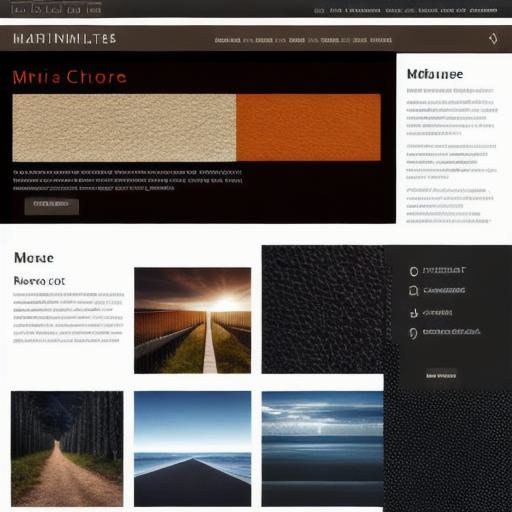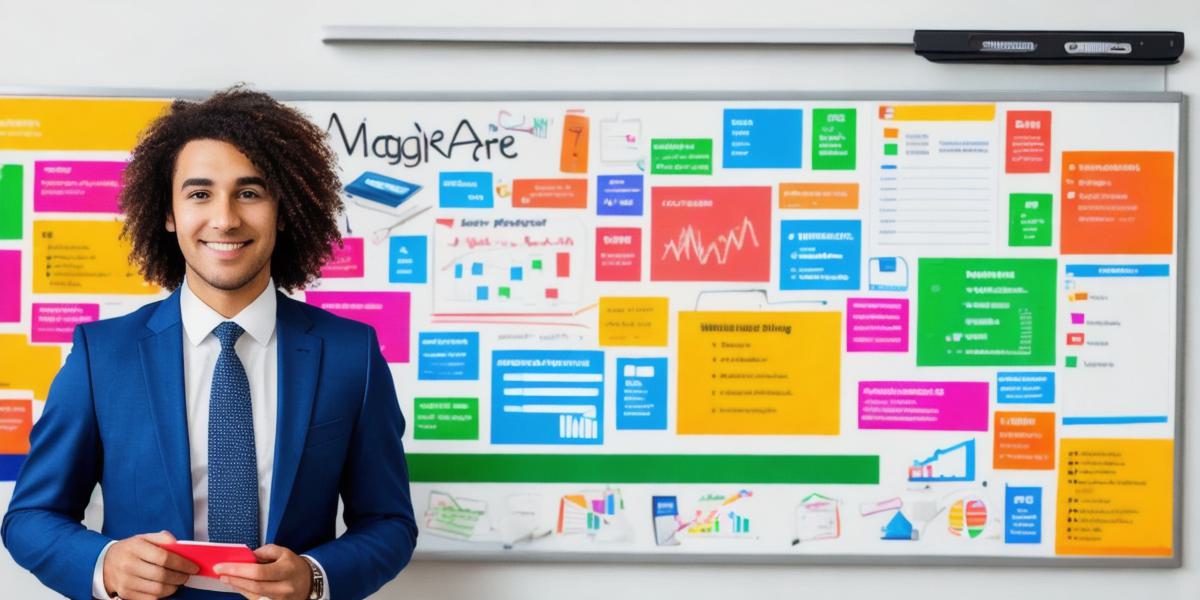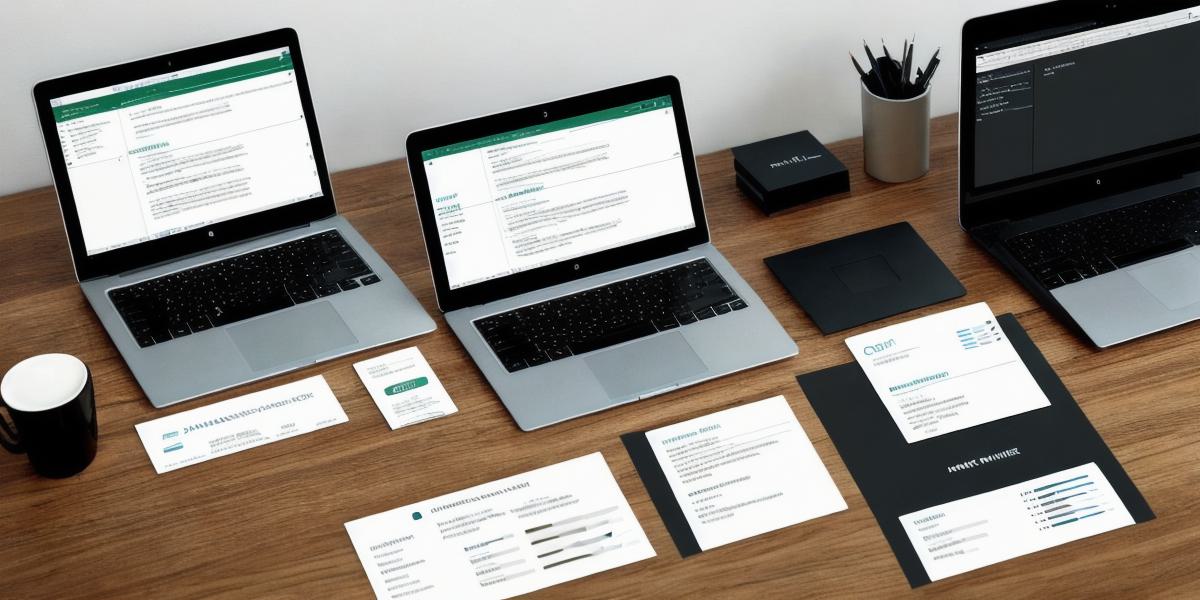Introduction: The Importance of Effective Hotel Marketing
In today’s competitive hotel industry, it is crucial for hotels to have a robust marketing strategy in place if they want to attract more guests, increase revenue, and stay ahead of the competition. However, with so many different marketing tools available, it can be difficult for hotels to know which ones will be most effective for their specific needs and target audience.
In this comprehensive guide, we will explore some of the most popular hotel marketing tools on the market today and provide insights into how they can help hotels boost bookings and revenue. We will also discuss best practices for implementing these tools and share real-life examples of successful marketing campaigns from the hospitality industry.
Table of Contents:
- Understanding Your Target Audience: The Key to Effective Hotel Marketing
- Utilizing Social Media for Hotel Marketing
- Implementing Email Marketing for Hotels
- Leveraging Influencer Marketing for Increased Bookings
- Creating Compelling Content for Hotel Marketing Success
- Optimizing Your Website for Search Engines (SEO)
- Analyzing and Measuring the Effectiveness of Your Hotel Marketing Strategy
- FAQs: Frequently Asked Questions About Hotel Marketing Tools
Chapter 1: Understanding Your Target Audience: The Key to Effective Hotel Marketing
Before you start implementing any hotel marketing tools, it is important to have a clear understanding of your target audience. This includes factors such as their age, income level, interests, and travel habits. By knowing who your ideal guests are, you can tailor your marketing efforts to better resonate with them and increase the likelihood of booking more rooms.
One effective way to understand your target audience is through market research. This can involve conducting surveys, analyzing competitor strategies, and tracking online behavior data. By collecting this information, you can gain valuable insights into what motivates your target guests and how they make their booking decisions.

For example, a luxury hotel may target high-income travelers who are looking for an exclusive and luxurious experience. They would focus on highlighting the hotel’s amenities, such as fine dining restaurants, spas, and high-end rooms. On the other hand, a budget-friendly hotel may target price-conscious travelers who are looking for affordable accommodations. They would focus on offering low prices, free Wi-Fi, and simple amenities.
By tailoring your marketing efforts to your specific target audience, you can increase the likelihood of attracting more guests and generating more revenue.
Chapter 2: Utilizing Social Media for Hotel Marketing
Social media is a powerful tool for hotel marketing, with platforms like Facebook, Instagram, and Twitter providing an easy way to connect with potential guests and showcase your property’s offerings. Here are some tips for effectively utilizing social media in your hotel marketing strategy:
- Create high-quality, visually appealing content: Visual content is key on social media, so make sure that your images and videos are of the highest quality. This will help to grab attention and encourage engagement from potential guests.
- Engage with your audience: Social media is all about two-way communication, so be sure to respond to comments and messages from potential guests in a timely manner. This can help to build trust and increase the likelihood of bookings.
- Use hashtags and location tags: Hashtags and location tags can help to increase visibility and reach on social media platforms. Be sure to use relevant hashtags and location tags when posting content to your hotel’s social media accounts.
- Collaborate with influencers: Partnering with social media influencers can be an effective way to promote your hotel to a wider audience. Look for influencers who have a large following in your target market and work with them to create sponsored content that showcases your property’s offerings.
By following these tips, you can effectively use social media to boost bookings and generate more revenue for your hotel.
Chapter 3: Implementing Email Marketing for Hotels
Email marketing is another powerful tool for hotels looking to increase bookings and revenue. Here are some tips for implementing email marketing in your hotel’s marketing strategy:
- Build a targeted email list: One of the keys to successful email marketing is having a targeted email list. This means collecting information about potential guests, such as their interests and travel habits, so that you can send them personalized content that is relevant to them.
- Send regular newsletters: Newsletters are a great way to keep your hotel top of mind with potential guests. Be sure to include information about upcoming events, promotions, and special offers in your newsletters to encourage bookings.
- Use personalization: Personalizing your email content can help to increase engagement and conversion rates. By including the recipient’s name, past booking history, and other relevant information, you can make your emails feel more personal and effective.
- Monitor and analyze results: It is important to monitor and analyze the results of your email campaigns to see what is working and what needs improvement. This will help you to optimize your email marketing strategy for maximum effectiveness.
By following these tips, you can implement an effective email marketing campaign that drives more bookings and revenue for your hotel.
Chapter 4: Leveraging Influencer Marketing for Increased Bookings
Influencer marketing has become increasingly popular in the hospitality industry as a way to promote hotels to a wider audience. Here are some tips for leveraging influencer marketing in your hotel’s marketing strategy:
- Identify relevant influencers: Look for influencers who have a large following in your target market and whose content is aligned with your hotel’s brand values. This will help to ensure that the influencer’s endorsement is genuine and effective.
- Develop a clear agreement: It is important to develop a clear agreement with the influencer before they start promoting your hotel. This should include details about compensation, expectations for content creation, and any other relevant terms.
- Create compelling content: Influencers can create a wide range of content, including blog posts, social media posts, videos, and more. Be sure to provide guidance on the type of content that would be most effective for your hotel’s target audience.
- Monitor and measure results: It is important to monitor and measure the results of your influencer marketing campaign to see if it is driving increased bookings and revenue. This will help you to optimize your strategy for maximum effectiveness.
By following these tips, you can effectively leverage influencer marketing to increase bookings and generate more revenue for your hotel.
Chapter 5: Creating Compelling Content for Hotel Marketing Success
Content marketing is an effective way to showcase your hotel’s offerings and attract potential guests. Here are some tips for creating compelling content for your hotel’s marketing strategy:
- Develop a content calendar: A content calendar can help you to stay organized and ensure that you are publishing high-quality content on a regular basis. This can include blog posts, social media updates, videos, and more.
- Focus on quality over quantity: It is important to prioritize quality over quantity when creating content for your hotel’s marketing strategy. This means investing time and resources in creating high-quality, engaging content that will resonate with potential guests.

- Use visuals: Visuals are key in content marketing, so be sure to include high-quality images and videos in your content. This can help to grab attention and increase engagement from potential guests.
- Share user-generated content: User-generated content, such as reviews and photos from past guests, can be an effective way to showcase your hotel’s offerings and build trust with potential guests. Be sure to share this type of content on your hotel’s social media accounts and website.
By following these tips, you can create compelling content that drives more bookings and generates more revenue for your hotel.
Chapter 6: Maximizing Online Bookings with Pricing Strategies
Pricing is a crucial factor in the hospitality industry, and hotels need to have a smart pricing strategy in place to maximize online bookings. Here are some tips for creating an effective pricing strategy for your hotel:
- Research competitor prices: It is important to research the prices of competitors in your market to ensure that your prices are competitive. This will help to attract potential guests who may be shopping around for the best deal.
- Consider demand: Demand can vary greatly depending on the time of year and other factors. Be sure to adjust your prices accordingly to maximize bookings during peak demand periods.
- Use dynamic pricing: Dynamic pricing allows you to adjust prices in real-time based on supply and demand. This can help to maximize revenue by charging higher prices when demand is high and lower prices when demand is low.
- Offer discounts and promotions: Discounts and promotions can be an effective way to attract potential guests who may not have otherwise booked with your hotel. Be sure to offer these types of promotions during off-peak periods or when there is a lot of competition in the market.
By following these tips, you can create an effective pricing strategy that maximizes online bookings and generates more revenue for your hotel.
Conclusion:
In conclusion, hotels need to have a smart marketing strategy in place to attract potential guests and increase bookings. This includes creating high-quality content, leveraging social media and email marketing, partnering with influencers, and using dynamic pricing strategies. By following these tips, hotels can effectively market their offerings and drive more bookings and revenue.




